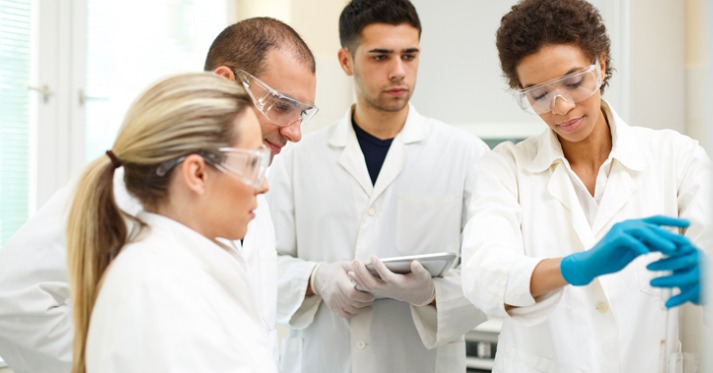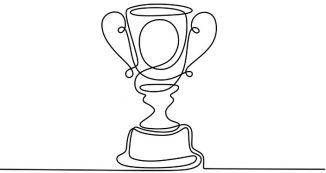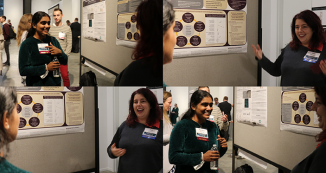
22 Nov TL1 Application Period for 2020 Now Open
[NOTE: The application period for this award is now closed] ITHS is now accepting applications for the TL1 Translational Research Training program designed to provide financial support and mentored training in clinical and translational science competencies for one year to predoctoral students. Applications are due on January 15, 2020 and appointments will begin on June 15, 2020.
The TL1 program provides one-year of specific translational science training, career development opportunities, and team science skills to help trainees function effectively within clinical research teams. Early in one’s career, it can be hard to find dedicated research time and funding. ITHS seeks to support graduate students and junior investigators in overcoming this challenge.
“This program provides an opportunity for dynamic interactions and greater exposure to multiple scientific perspectives,” Says TL1 program co-director Dr. Joie Whitney.
This program provides an opportunity for dynamic interactions and greater exposure to multiple scientific perspectives
The TL1 program welcomes applicants from all types of clinical research including patient-oriented research, translational research, small- and large-scale clinical investigation and trials, epidemiologic and natural history studies, health services research, and health behavior research.
Through a combination of thoughtful mentorship, interdisciplinary interaction, and focused training, TL1 Trainees receive the career development tools needed to become impactful translational researchers. In addition to a year of research support and mentored training, TL1 scholars join a multi-disciplinary cohort of investigators engaged in learning about the field of translational science.
“As co-directors we love how much the trainees learn from each other,” agreed Drs. Linda LeResche and Joie Whitney, the program’s leaders. “We have heard from trainees over the years that the program has opened their eyes to other research perspectives and changed how they think about research.”
As medicine and medical research become increasingly complex, bringing new ideas from bench to bedside, a field known as ‘translational science’ is truly a team effort. “No one scientist has all the skills to move a discovery into the clinic or the community to improve the health of the public. Students who work with those from other disciplines and learn their perspectives become better equipped to engage in translational science,” said Dr. LeResche.
We have heard from trainees over the years that the program has opened their eyes to other research perspectives and changed how they think about research
“It is truly gratifying to go to a national meeting and see a basic scientist discussing the importance of his TL1 colleague’s community-based study (and vice versa),” she added, knowing that this program gives students a nationwide platform to interact with other TL1 scholars and translational researchers across the country.
TL1 trainees are concurrently working towards a PhD or medical degree and while students work hard to become experts in their field through their doctoral work, the TL1 program provides supplementary knowledge specific to translation. “Our program fills the missing pieces,” said Dr. LeResche, “we teach team science skills, presentation skills, conflict management and other aspects of career development that are not usually part of other programs.”
Through this program, TL1 scholars have the chance to develop their full selves and become more impactful researchers. They each approach the program with varied life experiences and perspectives to share and grow throughout the year.
To apply for the TL1 program, please visit the website.







